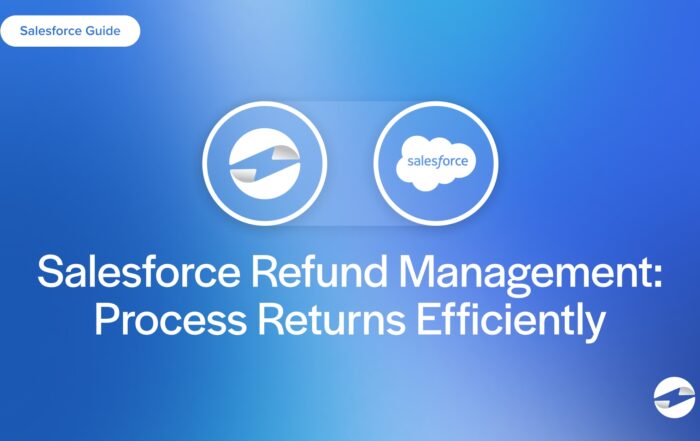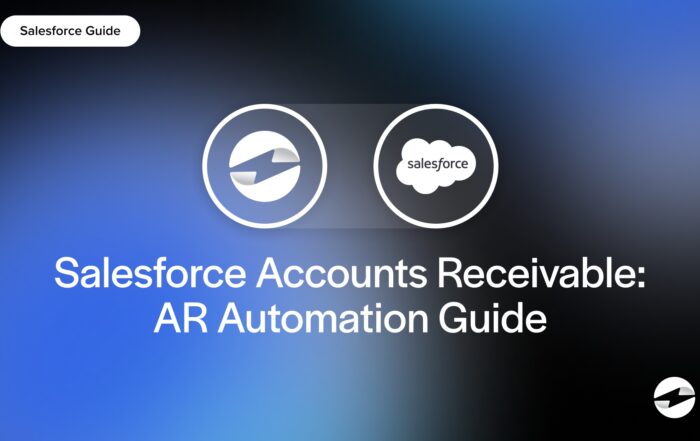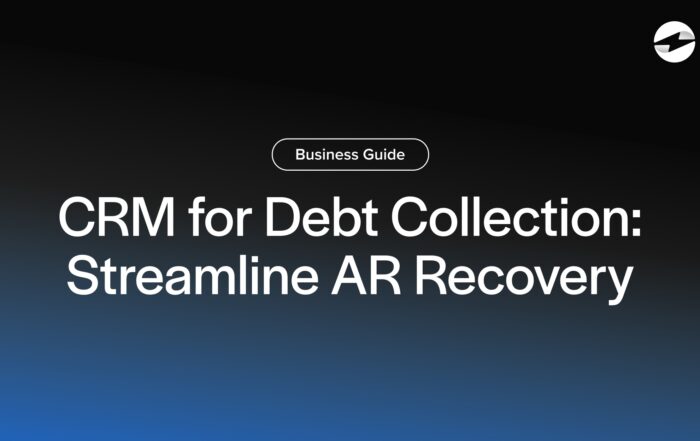What is a merchant account?
A merchant account is a special type of bank account that lets businesses accept credit card and debit card payments. When a customer pays with a card, the funds don’t go directly into the business’s regular bank account. Instead, they first pass through the merchant account, where the payment is processed and verified before being transferred to the business’s bank.
Merchant accounts are necessary for businesses that want to accept in-person, online, or mobile payments. They work with merchant services, which are the tools and technology (like payment gateways, terminals, and fraud prevention) needed to process transactions.
Key Points
- Businesses must have a merchant account to accept card payments. It’s an intermediary before funds reach the business’s bank account.
- Merchant services provide the tools and technology to process electronic payments. These tools and technologies include payment gateways, POS systems, fraud protection services, etc.
- Merchant banks facilitate transactions, approve merchant accounts, process payments, and deposit funds into the business’s account.
What is merchant services?
Merchant services are all the financial tools and technology that a business will need in order to accept and process electronic payments. This includes:
- Payment processing – Authorizing and settling transactions.
- Point-of-sale (POS) systems – Hardware/software for accepting payments in-store.
- Online payment gateways – Secure portals for processing e-commerce payments.
- Fraud protection – Security features to detect and prevent fraudulent transactions.
Merchant services are the tools and systems that make the payment happen — like card readers, online checkout forms, payment gateways, and fraud protection. The merchant account is the banking side of payments, and it’s where your funds land after a transaction. Without merchant services, your merchant account wouldn’t have anything to do. Without a merchant account, you wouldn’t have anywhere for the money to go.
What is a merchant bank?
A merchant bank is a financial institution that provides and manages the merchant account. These banks act as intermediaries between the business, the card networks (Visa, Mastercard, etc.), and the issuing banks (the banks that issue customers’ credit cards).
In the payment process, the merchant bank is responsible for:
- Approving businesses for a merchant account
- Processing transactions through the card networks
- Funding the merchant’s business account
Some well-known merchant banks are Chase Merchant Services, Bank of America Merchant Services, and Wells Fargo Merchant Services.
Who is the merchant in a transaction?
In a transaction, the merchant is the business that sells goods or services and receives the payment from a customer.
- If you buy a coffee from Starbucks, Starbucks is the merchant.
- If you order a product from an online store, the e-commerce business is the merchant.
The merchant is responsible for making sure payments are processed correctly, and customers receive their purchased goods or services.
What is a merchant ID (merchant number)?
A Merchant ID (MID) is a unique identifier assigned to a business when they set up a merchant account. This number helps payment processors and banks track transactions associated with that specific merchant.
It’s like a social security number for your business payments—it ensures transactions are routed to the correct merchant account.
Merchant IDs are used for:
- Tracking transactions and deposits.
- Identifying a business within a payment processing network.
- Resolving disputes or chargebacks when needed.
Some businesses may have multiple merchant IDs if they process payments through different channels (e.g., online store vs. physical retail location).
A merchant account is the foundation of accepting electronic payments, allowing businesses to process credit and debit card transactions. It works with merchant services, which provide the tools to process payments securely and efficiently.
Merchant banks facilitate these transactions, and the merchant ID helps process payments accurately. Whether in-store or online, merchants rely on this system to make sure payments are smooth and secure for their customers.
You May Also Like
Read More
Read More
Read More



